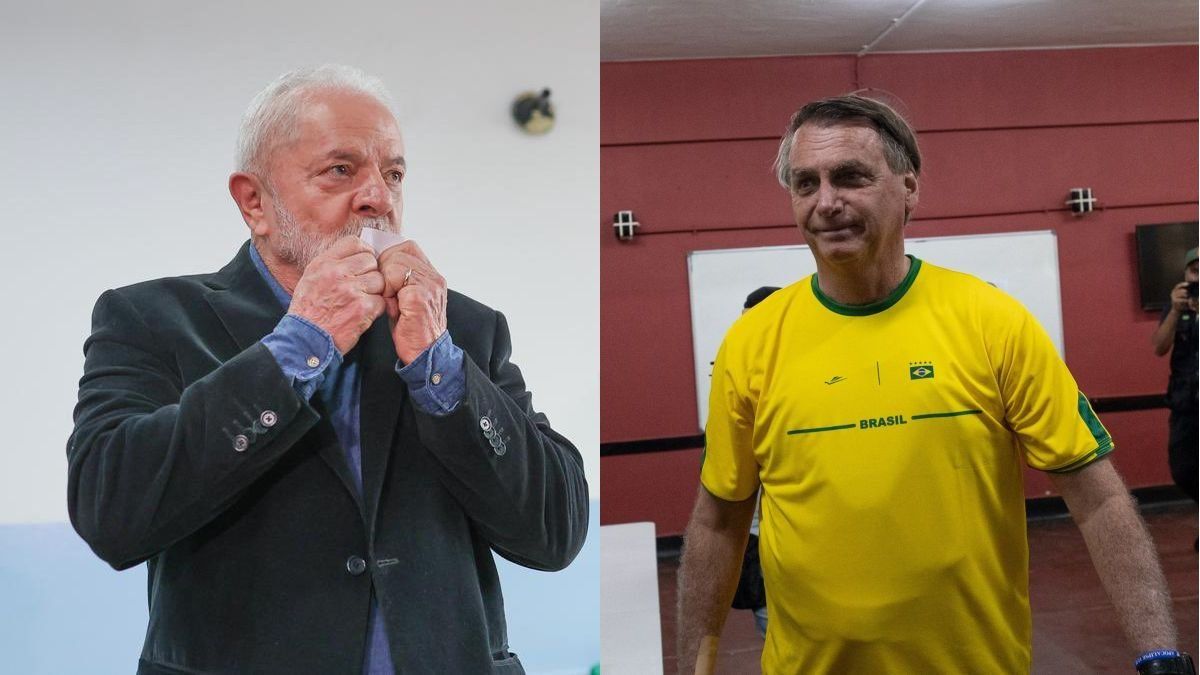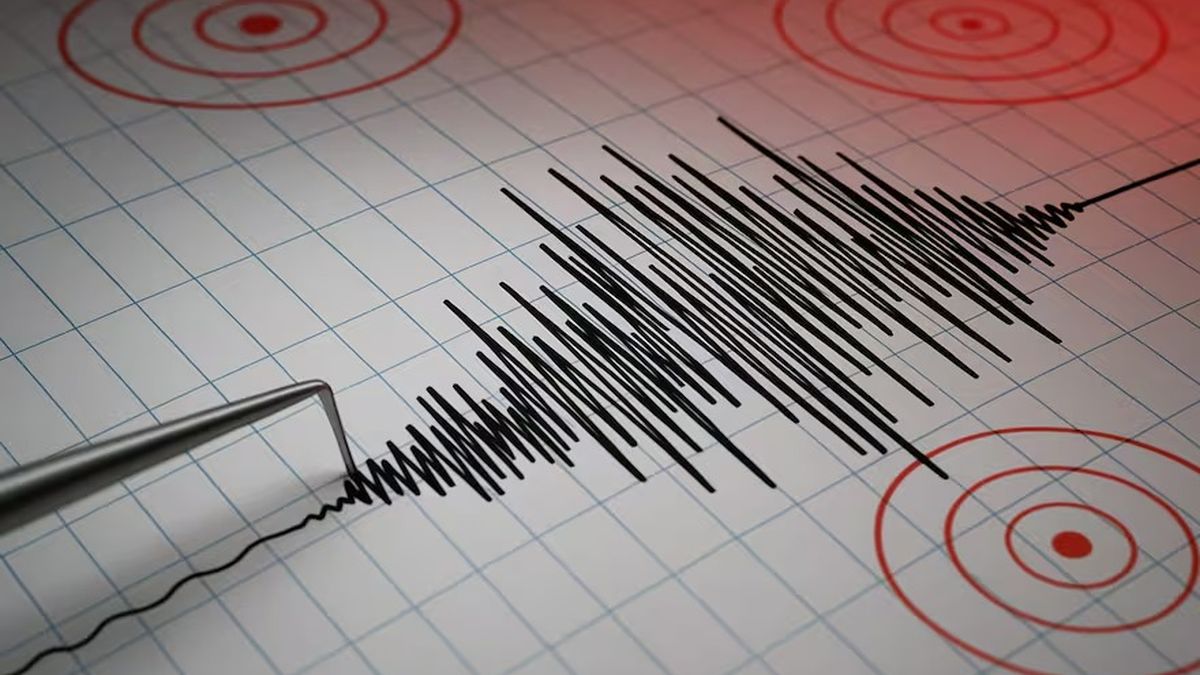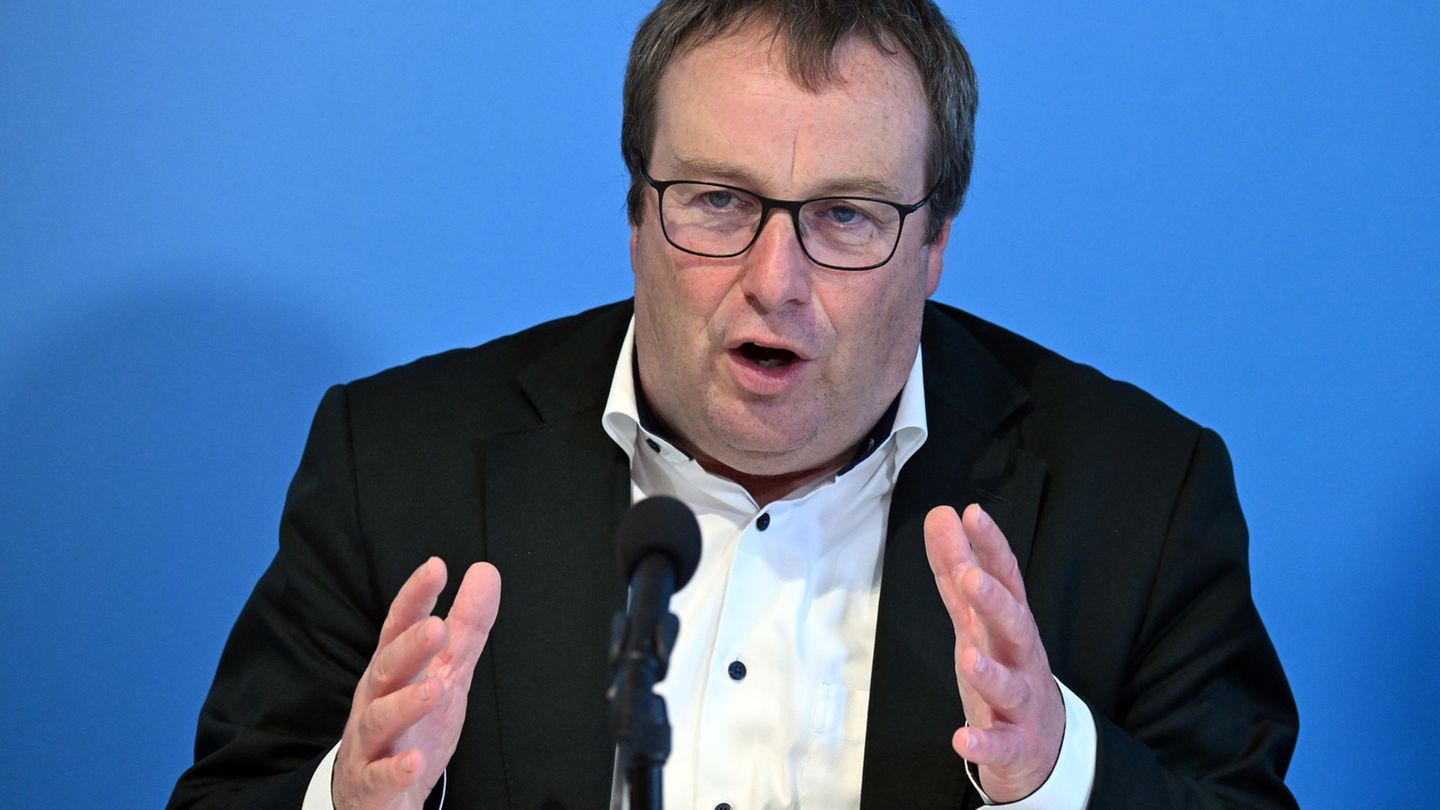In a three-minute video posted on his Twitter account, Gomes said that he supports his party’s decision, but without mentioning Lula.
“In view of the circumstances, this is the last way out,” said the politician. “The democratic path has been narrowed to such an extent that Brazilians are left with an option that, in my opinion, is unsatisfactory,” he noted.
Gomes indicated that he hoped that his party’s decision “will help oxygenate” Brazilian democracy, but stressed that he will not accept “impositions or ties from anyone” and refused to be part of a possible Lula cabinet.
The first week after the first round is being frantic: yesterday the PDT met in Brasilia and unanimously declared programmatic support, which was announced by the party’s head, Carlos Lupi.
Gomes, who was Lula’s minister, became a critic of the former president during the campaign and had said that he preferred to declare himself neutral, although he chose to abide by party discipline.
The PDT is a historic partner of the PT and in 1989 the Labor candidate, Leonel Brizola, decided to support Lula in the run-off, in which he was defeated by Fernando Collor de Mello.
Labor had moved away from the PT in 2018, after Gomes traveled to Paris in the second round of that year to avoid campaigning for Fernando Haddad, finally defeated by Bolsonaro.
But the head of state, without parties that organically join his re-election attempt, motorized the machinery of the federal government and obtained the support of the governors of the most important states electorally: that of San Pablo, Rodrigo García; the one from Minas Gerais, Romeu Zema; and the one from Río de Janerio, Claudio Castro, his ally in the first round.
The big surprise was given by García, from the Brazilian Social Democracy Party (PSDB) of former president Fernando Henrique Cardoso, who after coming third on Sunday in São Paulo decided to support “unconditionally Bolsonaro against the PT.”
García will support the Bolsonarist candidate Rodrigo Freitas against the PT candidate Haddad in the second round for the country’s most important governorship. He even agreed to be left aside when Freitas asked him not to go on stage next to him because he wants to represent “the change.”
The PSDB has just lost São Paulo after 27 years of government, after which, with García’s decision, a new crisis opened up in that force, which determined through the national directory that each governor make the decision that he or she sees fit for the Second round.
Zema and Castro were re-elected on Sunday with 57% of the vote.
Zema, from the libertarian Partido Novo and considered a presidential candidate for 2026, visited Bolsonaro at the Alvorada Palace and declared his support for reverting to Minas Gerais, where Lula had a wide victory.
Minas Gerais is the second most populous state in the country. “We don’t want the PT to return to power, I know what that disgrace is,” Zema said.
For his part, Lula said, after meeting with Franciscan friars on Saint Francis of Assisi Day in São Paulo, that he was still waiting for the support of Senator Simone Tebet, third on Sunday with 4.16%.
Tebet is from the Brazilian Democracy Movement (MDB) of former president Michel Temer, whose board must decide whether to make a decision or release the leaders depending on each region.
Mara Gabrilli, a PSDB deputy who ran as Tebet’s vice candidate, announced yesterday that she will cast a blank vote on October 30.
Lula received the support of Citizenship, a party that supported Tebet, and sought, given the new situation in São Paulo, to anchor some support in a score of mayors who answer to former Governor Geraldo Alckmin, the former president’s running mate.
Bolsonaro seeks in São Paulo, Minas Gerais and Rio de Janeiro to shorten the distance of six million votes that separated him from Lula on Sunday.
To do this, he announced that he plans to propose a Christmas bonus for the Aid Brazil social plan for women in 2023.
Bolsonaro visited two evangelical churches in the city of São Paulo, where he lost 47% to 40% to Lula.
The president announced on Twitter that he would wage a battle of “family values” against the PT and said that he would send the first lady to the evangelical bases in the northeast, Lula’s bastion, to “tell the truths” about the metallurgical leader.
He also has great support for his speech on corruption in the PT, that of the senator-elect Sérgio Moro, the former judge who was a Bolsonarista minister and who put Lula in prison in 2018.
Meanwhile, the Superior Electoral Court (TSE) of Brazil reported that the scrutiny of the elections had ended, although this did not change the final result. After the votes from abroad and from the state of Amazonas finished entering, with which 100% of the votes were already counted, Lula maintained 48.43%, receiving 57,259,504 votes, while Bolsonaro held 43. .2%, with 51,072,345 votes.
By exceeding 57 million votes, the leader of the Workers’ Party (PT) obtained the historical record of votes for a candidate in a first round, which allowed him to defeat the president in 14 of the 27 states of the country. For his part, Bolsonaro won in 12 states and in the federal capital, Brasilia.
Abroad, the winner of the first round was Lula, with 47.17% of the votes, while Bolsonaro obtained 41.61%.
More than 12,000 Brazilians were authorized to vote in Argentina, which within Latin America is the country with the largest electoral roll.
Lisbon – the capital of Portugal – is the city with the most Brazilian voters abroad, with 45,200 citizens entitled to vote. It is followed by Miami, in the United States, with 40,100, and Boston, another American city, with 37,100.
Source: Ambito
David William is a talented author who has made a name for himself in the world of writing. He is a professional author who writes on a wide range of topics, from general interest to opinion news. David is currently working as a writer at 24 hours worlds where he brings his unique perspective and in-depth research to his articles, making them both informative and engaging.




